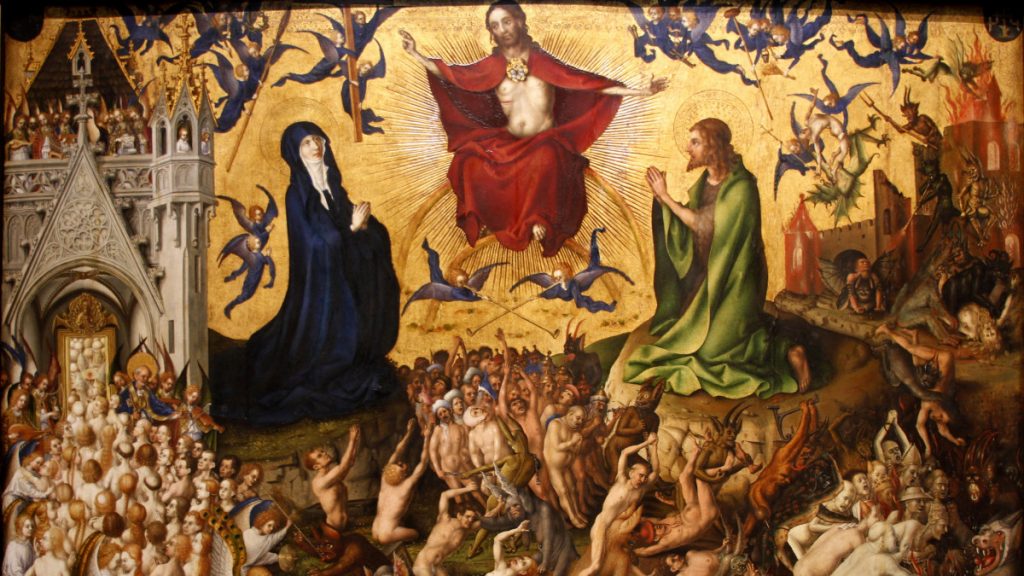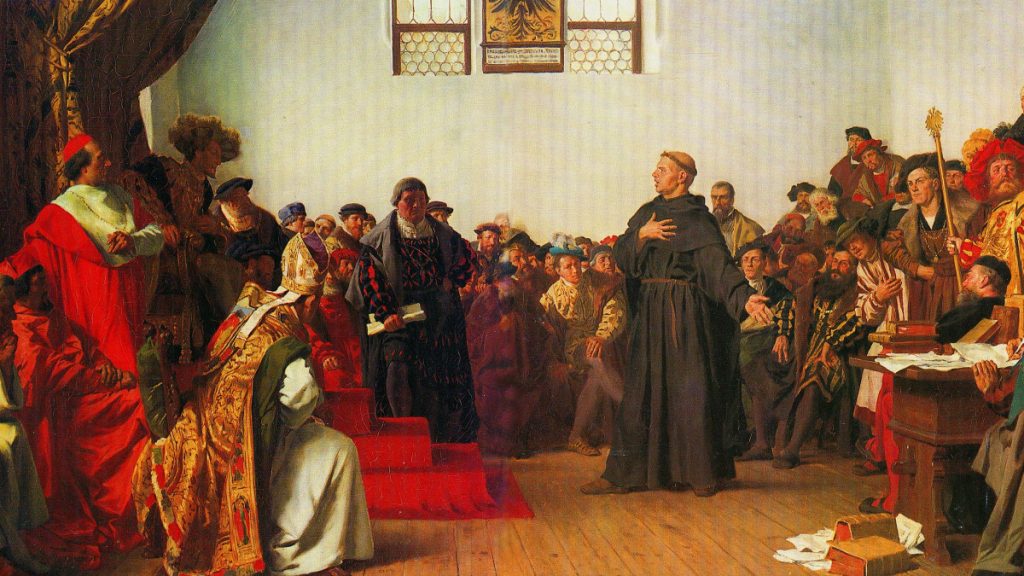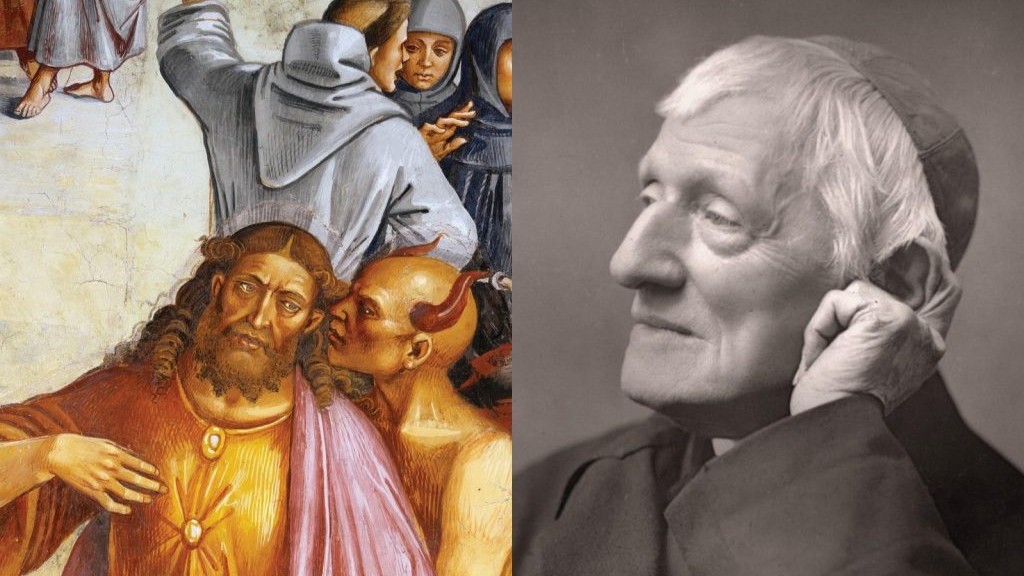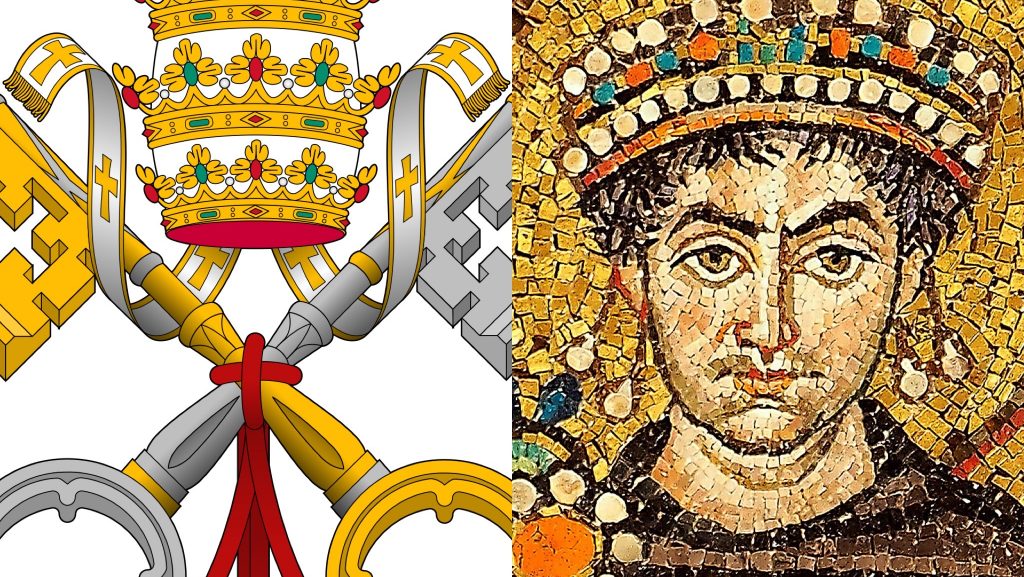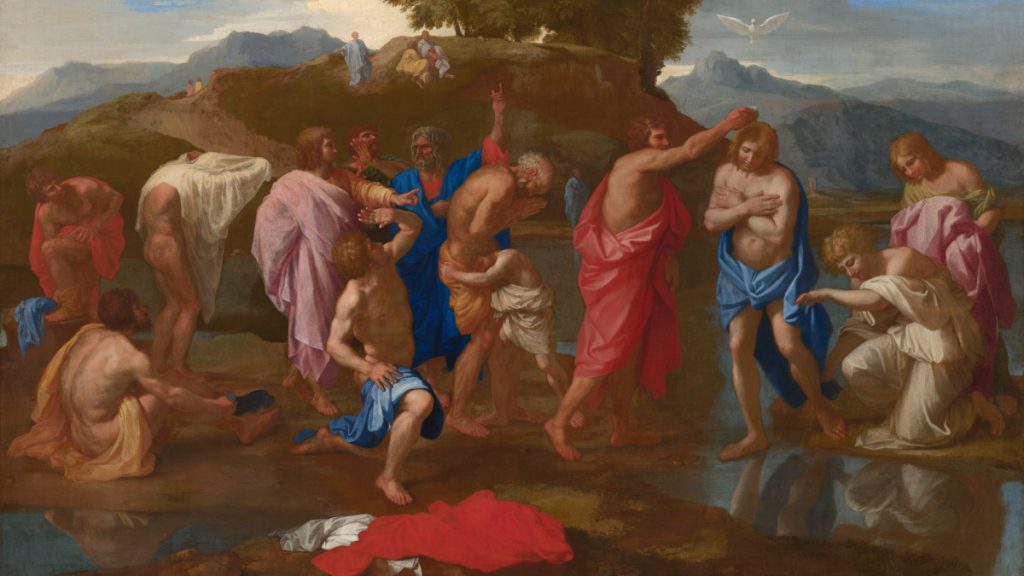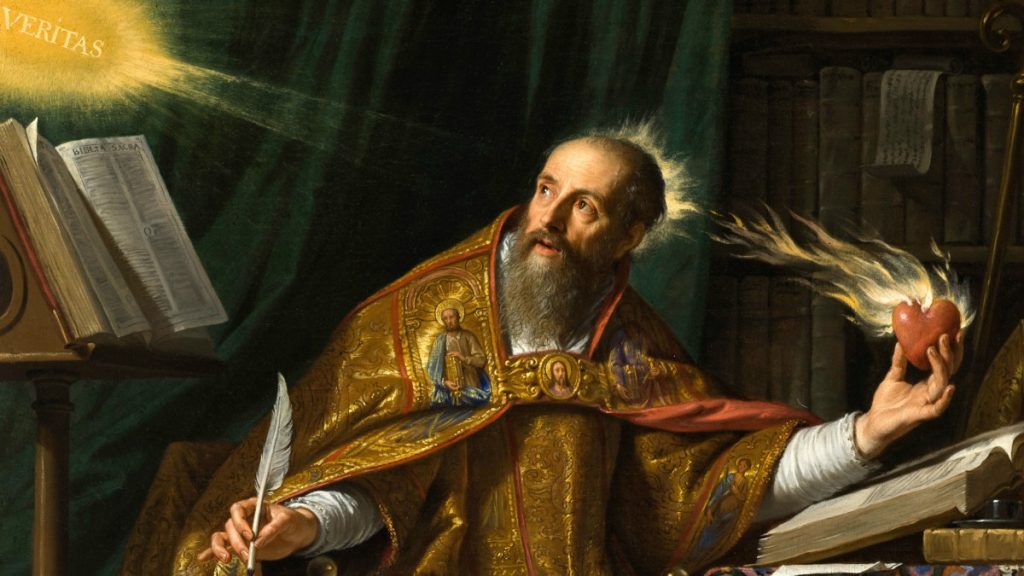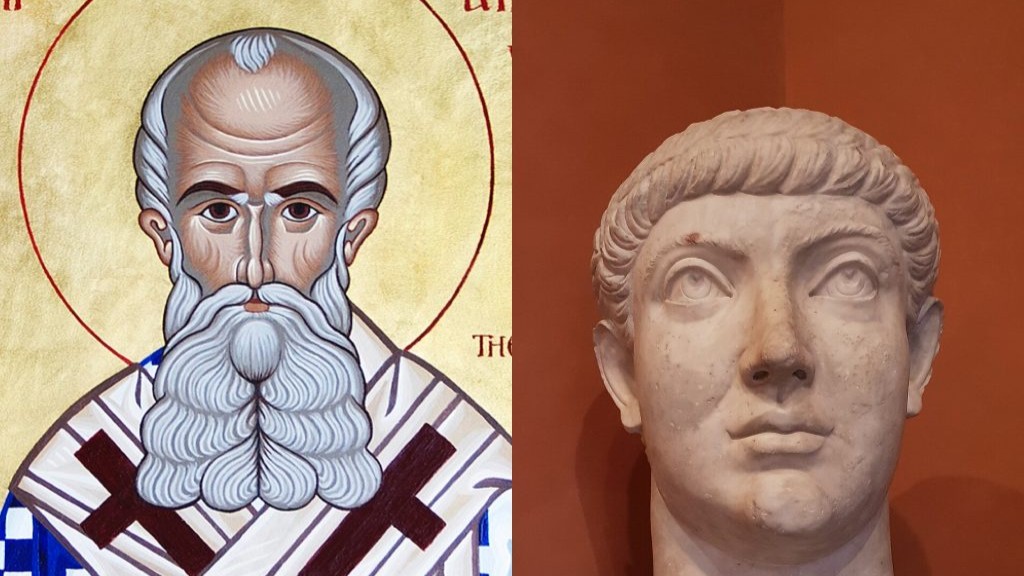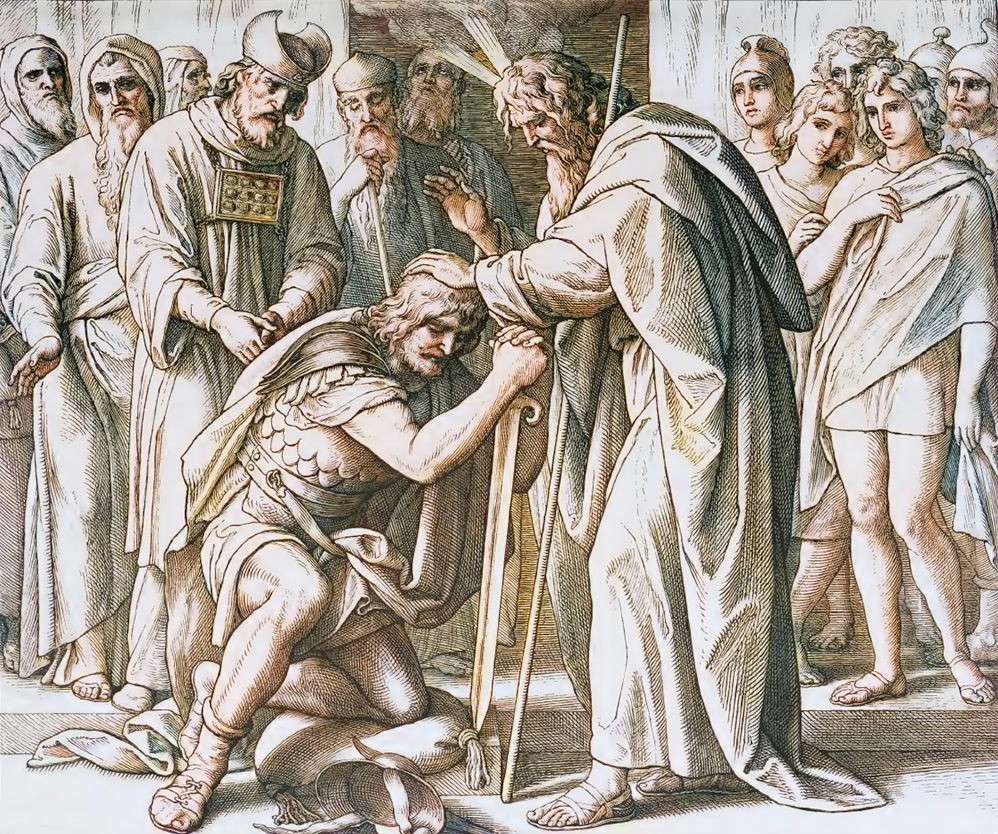(Updated June 24, 2025)
Gouverneur Morris (1752-1816) was an American Founder who served in the Continental Congress (1778-79) and signed the Articles of Confederation. He proposed the decimal coinage system, which remains the foundation of the US monetary system to this day. He served on the Constitutional Convention, and was appointed US Ambassador to France in 1792. Toward the end of his life, he served as the chairman of the commission in charge of constructing the Erie Canal.
Next to each quote are the Topic Quote Archives in which they are included.
This Quote Archive is being continuously updated as research continues. Quotes marked with “***” have not yet been organized into their respective Topic Quote Archives.
Public Writings and Speeches
Gouverneur Morris, “An American” Letters on Public Finance (February 24, 1780)1
There is nothing more dangerous than the tyrant’s plea of necessity. It is an argument which applies with equal force to everything, and that government is indeed unhappy which is obliged to recur to it. If necessity can 113 | 114 induce the breach of one moral tie, it can of another. If it will justify fraud, it will excuse murder. Let those in authority beware of it. Let them take care how they obey the calls of necessity, even though urged by the voice of the whole community, when that necessity is to commit evil. If they do obey it, however pleasing their conduct may be for a moment, they will soon find, that like the book of the Revelations, though sweet in the mouth, it is better in the belly [misquotation of Apoc. 10:10], and that the people will, sooner or later, despise those who have sinned against their own consciences to please the people. In the case before us, each individual will consider, that the redemption of the paper depends on the men who have made it a lawful tender: And he will tremble to think of what necessity may lead to at a future period. Thus one of the ultimate objects of credit is impaired, confidence in the integrity of government.
Gouverneur Morris, Address to the Assembly of Pennsylvania on the Abolition of the Bank of North America (1785)2
How can we hope for public peace and national prosperity, if the faith of government so solemnly pledged can be so suddenly violated? If private property can be so lightly infringed? Destroy this prop, which once gave us support, and where will you turn in the hour of distress? To whom will you look for succor? By what promises or vows can you hope to obtain confidence? This hour of distress will come. It comes to all, and the moment of affliction is known to Him alone, whose divine providence exalts or depresses states and kingdoms. Not by the blind dictates of arbitrary will. Not by a tyrannous and despotic mandate. But in proportion to their obedience or disobedience of his just and holy laws. It is he who commands us that we abstain from wrong. It is he who tells us, “do unto others as ye would that they should do unto you” (Matt. 7:12; Luke 6:31).
Gouverneur Morris, Notes on a Form of Constitution for France (1791?)3
The education of young citizens ought to form them to good manners, to accustom them to labor, to inspire them with a love of order, and to impress them with respect for lawful authority.
Religion is the only solid basis of good morals; therefore education should teach the precepts of religion, and the duties of man towards God.
These duties are, internally, love and adoration; externally, devotion and obedience; therefore provision should be made for maintaining divine worship as well as education.
But each one has a right to entire liberty as to religious opinions, for religion is the relation between God and man; therefore it is not within the reach of human authority.
Gouverneur Morris, Discourse Before the New York Historical Society (December 6, 1812)4
It is natural here to ask, by what miracle did these feeble provinces resist that mighty empire? The sufficient, and only sufficient, answer is, by the will of him who holds in his hand the destinies of mankind. He bade their gloomy climate produce a persevering people, whose industry no toil could 545 | 555 abate, whose fortitude no danger could dismay. He gave them leaders sagacious, intrepid, active, unwearied, incorruptible. He, as of old, from the eater brought forth meat, and from the strong sweetness. He gave them food from a tempestuous ocean, and treasure from the jaws of devouring despotism…Thus, surrounded by danger, impelled by want, inured to toil, animated by exertion, strengthened by faith, stimulated by hope and exalted by religion, a few miserable fishermen, scattered on a sterile coast, were converted into a race of heroes. They acquired power in the struggle for existence, and wealth under the weight of taxation… 555 | 571
It is by the lights of history and geography that we discern the interests of a country, and the means by which they can best be pursued and secured. Am I mistaken in concluding…[T]hat we should promote order, industry, science, and religion, not only as the guardians of social happiness, but as the outworks to the citadel of our liberty.
Gouverneur Morris, An Inaugural Discourse (September 4, 1816)5
The reflection and experience of many years have led me to consider the holy writings [the Bible], not only as most authentic and instructive in themselves, but 643 | 644 as the clue to all other history. They tell us what man is, and they, alone, tell us why he is what he is: a contradictory creature that, seeing and approving what is good, pursues and performs what is evil. All of private and of public life is there displayed. Effects are traced, with unerring accuracy, each to the real cause. We see, in the beautiful story of Joseph, how envy, destroying the peace of families, leads to cruelty and to crime. How a dignified condition is degraded by lust. How the wrath of despised wantonness stimulates a woman to deadly revenge. How the heart-burnings in a shepherd’s family drove a minister of state to the foot of Pharaoh’s throne. And how, for purposes still more important, a shepherd-boy was enabled to govern a mighty kingdom.
From the same pure Fountain of Wisdom we learn that vice destroys freedom; that arbitrary power is founded on public immorality, and that misconduct in those who rule a republic, necessary consequence of general licentiousness, so disgusts and degrades the nation, that, dead to generous sentiment, they become willing slaves… 644 | 645
Men sore with present suffering have not temper to reflect on remote consequence. In the maddening moment, they are deaf even to the voice of a prophet. “The people said, we will have a king over us, that we may be like all the nations, that he may judge us, and go out before us, and fight our battles” (1 Sam. 8:19-20). Here is a profound lesson of political wisdom, given long before Aristotle’s Ethics, very long before Machiavel’s Discourses on the first Decade of Livy, and still longer before Montesquieu’s Spirit of Laws. When the last of these authors, in sprightly repetition of his predecessors, tells us that virtue is the principle of republics, he offers human testimony to confirm divine authority. That form of government which God himself had established, that code of laws which God himself had promulgated, those institutions which infinite wisdom had provided, in special relation to the climate, soil, and situation of the country, to the genius, temper, and character of the people, became intolerable from the prevalence of vice and impiety. It is a trite maxim, that man is governed by hope and fear. The desire of pleasure, wealth, and power, the apprehension of poverty, pain, and death, prompt generous reward, speedy severe punishment, are the human means to invigorate duty, stimulate zeal, correct perversity, and restrain guilt. But experience teaches that profligates may gain all the enticements of life, and criminals escape punishment, by the perpetration of new and more atrocious crimes. Something more, then, is required to encourage virtue, suppress vice, preserve public peace, and secure national independence. There must be something more to hope than pleasure, wealth, and power. Something more to fear than poverty and pain. Something after death more terrible than death. There must be religion. When that ligament is torn, society is disjointed, and its members perish. The nation is exposed to foreign violence and domestic convulsion. Vicious rulers, chosen by a vicious people, turn back the current of corruption to its source. Placed in a situation where they can exercise authority for their own emolument, they betray their trust. They take bribes. They sell statutes and decrees. They sell honor and office. They sell their conscience. They sell their country. By this vile traffic, they become odious and contemptible. The people, compelled to gulp down the poison they had mingled, feel their vitals twinge, and in anguish exclaim, Away with these pretended patriots. Begone, hypocrites. Begone. Let a single man be invested with executive and judicial authority… 645 | 646
We find in Sacred History another important political lesson: that the possession of sovereign power corrupts the best heart. The second Jewish king [King David], a man peculiarly favored by the King of kings, after leading an exemplary private life, no sooner ascends a throne, than, a prey to unbridled desire, he becomes first vicious, then criminal [1-2 Sam.]. If, as the advocates of infidelity have gratuitously supposed, that book had been written by bigoted priests, they would have concealed the guilt of their pious protector. They would have held him out, an impeccant example, for admiration and imitation. They would have covered, with bright varnish, the hideous traits of adultery and assassination. But truth, telling what he was, gives a lesson awfully instructive. It teaches the frailty of our nature, and the danger of trusting too much power even to the purest hands.
Another sublime lesson follows, in the succeeding reign. The widest scope of genius, the completest acquirement of science, the maturest strength of intellect, are combined in one man; and that man wears a crown. By his wisdom he accumulates the world’s wealth in one of its narrowest districts. He rears a stupendous monument of pious magnificence. It is consecrated to the living God. And, then, the royal architect commits follies that would almost disgrace an idiot. In the prostration of manly strength, he seeks pleasures that elude his grasp; leaving, in a bosom chilled by age, the dullness of satiety, and the loathings of disgust. Happy had the wise man’s weakness been restrained, even in that excess. But, alas! his bright intellect is so obscured, by the apathy of exhausted desire, that he worships sticks and stones, in pitiful condescension to the consorts of his lust [1 Kings 11]. If this part of the story were tested, by fashionable rules of evidence, we should perhaps be told that, as superlative wisdom cannot be combined with excessive weakness, the tale of his debauchery must be an interpolation, by some foe 646 | 647 to his fame, or the account of his talents, an invention to gratify national pride. Thus Solomon’s character might come, from the philosophic crucible, all gold or all dross. But experience avouches the historic truth. We have known, in English annals, a man whose capacious mind embraced all science. With a rare power of intuition, he not only pointed out the means by which knowledge might be enlarged, but seems to have perceived the remote bound to which it could extend. And yet that wonderful man sullied his soul, by accepting a bribe. The character a great English poet gave to Chancellor Bacon, is not wholly inapplicable to the Jewish king: “The greatest, wisest, meanest of mankind.”
But the most important of all lessons is, the denunciation of ruin to every state that rejects the precepts of religion. Those nations are doomed to death who bury, in the corruption of criminal desire, the awful sense of an existing God, cast off the consoling hope of immortality, and seek refuge from despair in the dreariness of annihilation. Terrible, irrevocable doom! loudly pronounced, frequently repeated, strongly exemplified in the sacred writings, and fully confirmed by the long record of time. It is the clue which leads through the intricacies of universal history. It is the principle of all sound political science… 647 | 649
Our struggle, to defend and secure the rights of our fathers, tore away that veil which had long concealed the mysteries of government. Here, on this far western coast of the broad Atlantic Ocean; here, by the feeble hand of infant unconnected colonies, was raised a beacon to rouse and to alarm a slumbering world. It awoke, and was convulsed. What tremendous scenes it has exhibited! The history of our day is, indeed, a school for princes; and, therefore, the proper school for American citizens. Exercising, by their delegates, the sovereign power, it is meet they know how to assert and how to preserve their freedom. Let them learn the mischief that follows in the train of folly. Let them learn the misery that results from immorality. Let them learn the crush of impiety. Let them learn, also, for such we trust will be the final event, that when the altars of idolatrous lust had been overturned, and those of JEHOVAH restored; when nations severely scourged had sincerely repented, they were favored with as much civil liberty, and as much social enjoyment, as consist with their absolute and relative condition… 649 | 653
Hail Columbia! child of science, parent of useful arts; dear country, hail! Be thine to meliorate the condition of man. Too many thrones have been reared by arms, cemented by blood, and reduced again to dust by the sanguinary conflict of arms. Let mankind enjoy at last the consolatory spectacle of thy throne, built by industry on the basis of peace and sheltered under the wings of justice. May it be secured by a pious obedience to that divine will, which prescribes the moral orbit of empire with the same precision that his wisdom and power have displayed, in whirling millions of planets round millions of suns through the vastness of infinite space.
Letters
Gouverneur Morris, To the Carlisle Commissioners (June 20, 1778)6
Matters of this kind [your threats] may appear to you in a trivial light, as mere ornamental flowers of rhetoric, but they are serious things registered in the high chancery of Heaven. Remember the awful abuse of words like these by General Burgoyne, and remember his fate [he had threatened the Americans before the Battle of Saratoga, and then lost]. There is One above us Who will take exemplary vengeance for every insult upon His majesty. You know that the cause of America is just. You know that she contends for that freedom to which all men are entitled—that she contends against oppression, rapine, and more than savage barbarity. The blood of the innocent is upon your hands, and all the waters of the ocean will not wash it away. We again make our solemn appeal to the God of Heaven to decide between you and us, and we pray that in the doubtful scale of battle we may be successful, as we have justice on our side, and that the merciful Savior of the world may forgive our oppressors.
Footnotes
- Gouverneur Morris, J. Jackson Barlow, ed., To Secure the Blessings of Liberty: Selected Writings of Gouverneur Morris (Indianapolis: Liberty Fund, 2012), 113-14. ↩︎
- Gouverneur Morris, J. Jackson Barlow, ed., To Secure the Blessings of Liberty: Selected Writings of Gouverneur Morris (Indianapolis: Liberty Fund, 2012), 205. ↩︎
- Gouverneur Morris, J. Jackson Barlow, ed., To Secure the Blessings of Liberty: Selected Writings of Gouverneur Morris (Indianapolis: Liberty Fund, 2012), 271. ↩︎
- Gouverneur Morris, J. Jackson Barlow, ed., To Secure the Blessings of Liberty: Selected Writings of Gouverneur Morris (Indianapolis: Liberty Fund, 2012), 554-55, 571. ↩︎
- Gouverneur Morris, J. Jackson Barlow, ed., To Secure the Blessings of Liberty: Selected Writings of Gouverneur Morris (Indianapolis: Liberty Fund, 2012), 643-44. ↩︎
- Paul H. Smith, ed., Letters of Delegates to Congress: Volume 10, June 1, 1778-September 30, 1778 (Washington, DC: Library of Congress, 1983), 161. ↩︎

